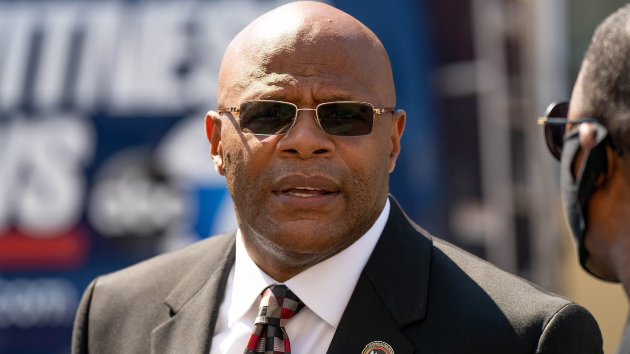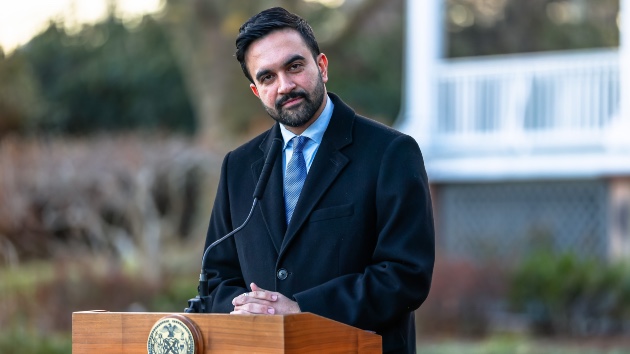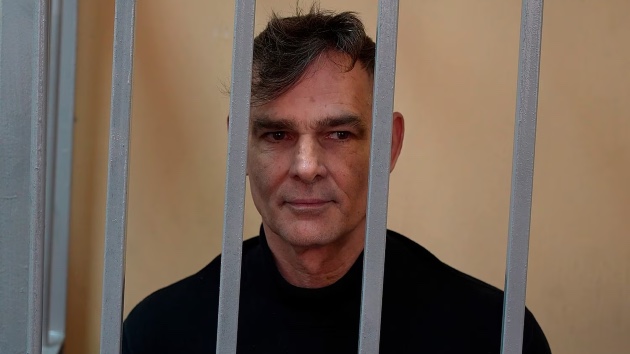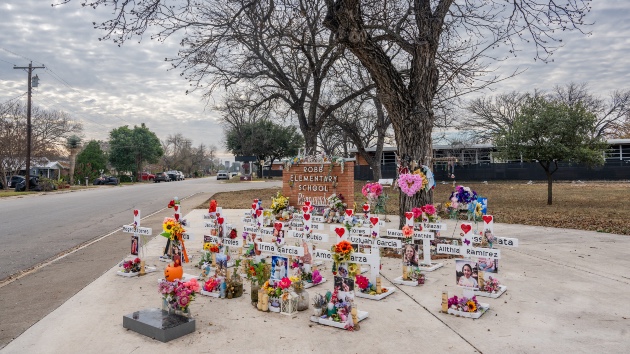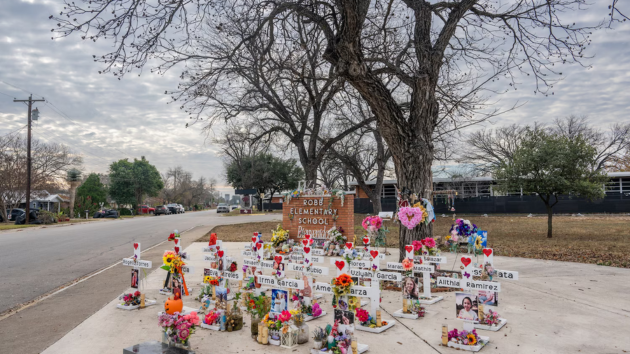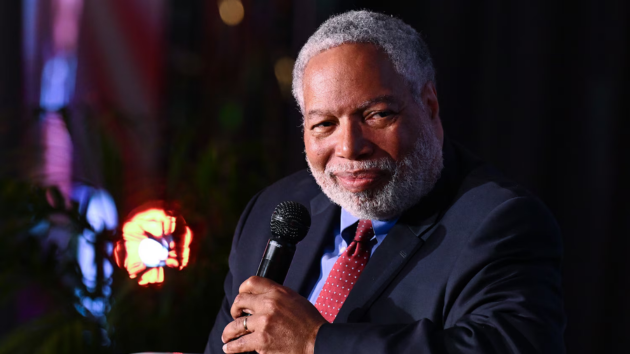
(NEW YORK) — Even before the pandemic took hold in 2020, Americans drifted away from their social circles, dedicating more and more time to solitary activities. This shift has deepened feelings of social isolation, leaving many individuals longing for connections and companionship that once felt more accessible.
Approximately 20% of American adults are grappling with “daily loneliness,” according to a recent Gallup report, marking the highest level in two years. The U.S. Surgeon General, often referred to as the “Nation’s Doctor,” declared that we are currently facing a serious loneliness epidemic. They also stated that Generation Z — those born from the mid-1990s to the early 2010s — might be the loneliest generation.
Chronic loneliness — prolonged feelings of loneliness and social isolation — affects not only your mental health but also has physical consequences.
“It can do everything from increase rates of high blood pressure, heart disease, increased rates of dementia, and actually decrease how long we live,” Dr. Kelli Harding, an assistant professor of psychiatry at Columbia University Medical Center, told “Nightline.”. “It’s as risky for health as, you know, smoking 15 cigarettes a day.”
To combat the loneliness epidemic, professional cuddlers like Jasmine Siemon from Bethesda, Maryland, are leading the way. She uses platonic touch therapy to assist adults dealing with issues such as intimacy, anxiety and loneliness.
Siemon told “Nightline” she always does a consultation to see what made the person interested in touch and cuddle therapy.
“I want to know what their touch history is. There’s a clear understanding of having agency over your body in the session,” she said. “At no point am I going to touch you in a way that you’re not comfortable with or that you’re not curious about, and vice versa. So the boundaries are the rigid boundaries — no touching anywhere a bathing suit covers.”
Siemon acknowledged that while her job may sound unusual to some, she has seen how her work has helped people like Elliot Wallace, who has been having cuddle therapy sessions with Siemon for a year.
“I found myself being nervous in certain cases, whether people were very close, like moving in too close or taking up my space or even being touched,” Wallace said. “And I wanted to find a way to not have that [be] threatening anymore.”
Since Wallace works a lot from home, he says it makes it harder for him to meet people. He sought out Siemon to help him discover who he is, so he can be more open and vulnerable with people.
While Siemon says she has seen how her work has helped some people, consulting a professional cuddler may not suit everyone. Experts warn that if cuddle therapy ends suddenly, it can lead to feelings of abandonment, rejection, loss and even despair.
Professional cuddlers are just one option for coping with loneliness, which can manifest in various ways. Kaari Hostler, a recent college graduate who has moved from the Midwest to New York City, hopes to connect with others, but the 22-year-old isn’t seeking love or romance. Instead, she’s looking to make friends.
Hostler was searching for ways to branch out when she came across “The Girls NYC” online. It’s an exclusive social group for women looking to make friends in their early 20s in New York City.
When attending these events, there is one important rule: you must come alone. Similar groups focusing on finding connections, like dinner parties and running clubs, are rising across the U.S.
“We spend so much time online, we end up isolating ourselves,” Hostler said. “It’s not a substitute for actual human interaction.”
Through social media, people can connect and game with others across continents. TikTok trends like “Get Ready With Me” videos — which show the process of someone getting ready for an event or activity — can help you feel connected to your favorite influencers. There are also dating and friendship apps.
However, these are remote and experts say may not be a good substitute for actual human interaction.
“Gen Z has had it tough,” Dr. Harding said. “They didn’t have a traditional graduation from high school. They have also been part of this great experiment of social media we are learning without guardrails.”
Like Hostler, 38-year-old Quincy Winston struggled to make new friends after relocating to Phoenix with his wife, Latoya, in 2015.
However, a heartfelt conversation with his wife sparked an idea.
“Her girlfriends are very organized, very tight knit,” said Winston. “A lot of my friends at the time were distant,” adding his wife told him that “it’s important for men to seek out friendship and build camaraderie.”
In 2022, Winston formed the Phoenix Professional Black Men’s Friends Group, a space for men to meet locally and find new friends.
“So for me, it’s been a self-discovery,” Winston said. “It’s been a journey. I’ll thank my wife every day for kind of opening up about my own emotions and encouraging other men to support other men.”
Winston’s group now has nearly 200 members, and helps men connect with something he says some men may struggle with.
“I think there’s a term out there,” Winston said. “Emotional intelligence — guys, you have to work at that. What do I need to do in order to be a friend and make friends and have friends and keep friends?”
Experts say loneliness does not discriminate, and could happen to anyone at any age.
At the New Ground Estate in London, 26 residents are making history — living at the first and only co-housing community in the United Kingdom dedicated to women aged 50 and over.
Some have likened this housing situation to a real-life version of “The Golden Girls,” the TV show that followed four older women living together in Miami.
“It is really beneficial because there’s that sense of community,” Dr. Harding said. “I think it can also reframe how we think about aging.”
Everyone at New Ground has their own flats but there are also communal living spaces — all run by the ladies themselves.
Jude Tisdall is 73 years old and moved into the community in 2018.
“There’s a few people here who are of a certain age and are inspirational and are fit and still active and doing things,” Tisdall said. “I think that has made me really, really think about is I’m going to live to the nth degree till I die. And that’s what I’ve got to do.”
Kelsey Klimara, Arturo Ruiz, Sabrina Shanghie and Caroline Kucera contributed to this report.
Copyright © 2024, ABC Audio. All rights reserved.
- Gilgo Beach suspect Rex Heuermann to stand trial shortly after Labor Day - January 13, 2026
- Former aide to Eric Adams arrested on federal bribery charges - January 13, 2026
- Mamdani ‘outraged’ after New York City Council employee detained by ICE - January 13, 2026


